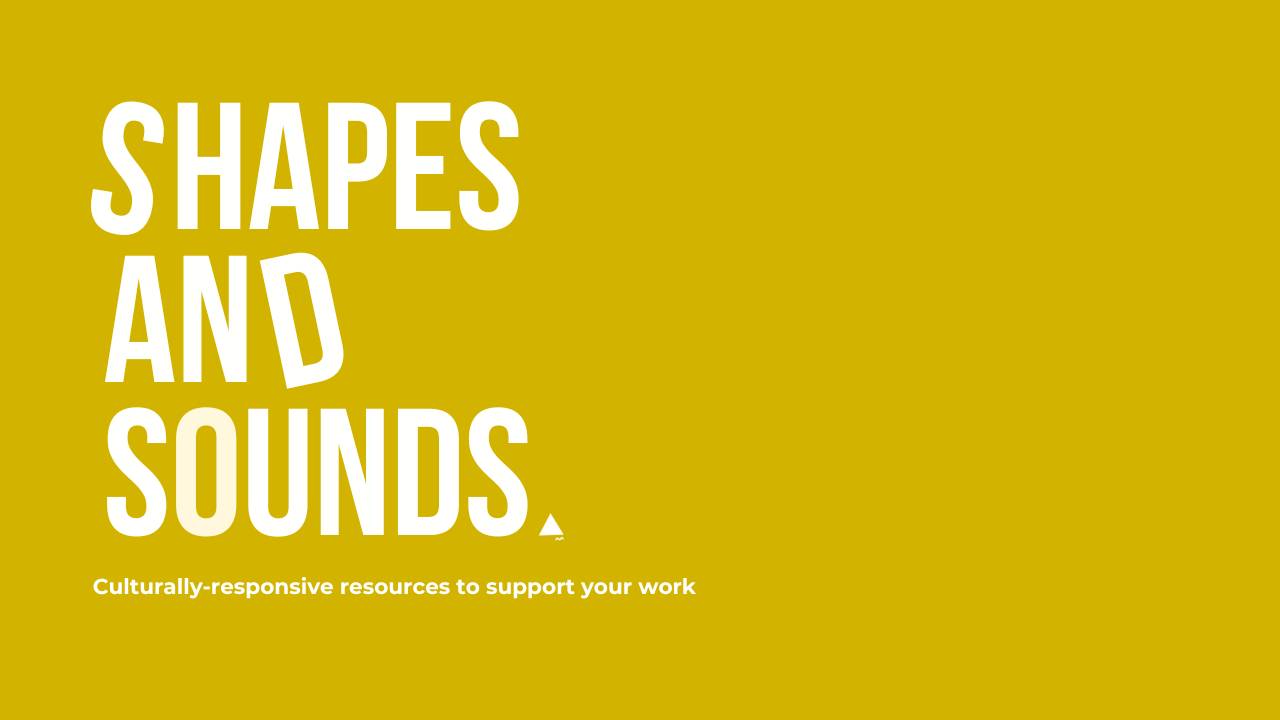October Organisational Newsletter: Research to support your work
Oct 01, 2025
October: From our partners at Monash University.
Hi {{ first_name }},
Here at Shapes and Sounds, we acknowledge the importance of remaining up-to-date with empirical research, especially those relating to how culture may influence psychology and wellbeing outcomes.
Furthermore, sharing what we learn with you, to support you in your practice, is vital to our work.
Our partners at Monash University's Culture, Trauma and Mental Health group have recently released a summary report of their key findings relating to how culture may influence the ways which an individual:
- seeks and utilises social support,
- regulates their emotions, and
- views themselves and the world following trauma exposure.
This report pulls together over three years of research and also offers reflexive prompts to support your learning, so please feel free to share it amongst your colleagues!
💡Please download the report via this link.
For more information about this report and the research done at the Culture, Trauma, and Mental Health group, please reach out to [email protected]
Cheers,
Asami
🌱 Important dates and festivals this month
Some important cultural festival and dates this month include:
October 2: Vijay Dashami. Marking the end of Navatri, this day is a celebration of good over evil in Hindu culture.
October 6-8: Chuseok. Celebrated in Korea, this day celebrates good harvest, the importance of family, and hope for good fortune.
October 6: Mid-Autumn Festival/Tết Trung Thu/Tsukimi. Celebrated across East and Southeast Asia, this holiday focuses on abundance, gratitude, and family. It’s a time for sharing mooncakes and admiring the full moon, reinforcing a sense of connection to nature and loved ones.
October 20: Deepavali (Diwali), the Festival of Lights. This Hindu festival symbolizes the victory of light over darkness. It brings families and communities together for celebrations that foster hope and a collective sense of purpose.
How will your organisation be marking these important dates this month? Feel free to reach out to us if you'd like some ideas!
Check out other community events here!
🦉 Research perspectives to strengthen your culturally-responsive practice:
This qualitative study by Wong & Hyde (2024) explored the experiences of Chinese international secondary school students in Australia. The research found that students faced significant challenges with language proficiency and their living situations. A particularly concerning finding was that participants reported experiencing cultural discrimination and racism. Despite these challenges, many students found Australian schools to be more flexible and less stressful academically, with a greater emphasis on independent learning. However, they were reluctant to seek formal help for issues like discrimination, often opting for informal support from friends or simply ignoring the problem.
What does this mean for clinicians and the community?
To better support these students, Australian schools should consider proactive strategies to check on their well-being, like anonymous surveys, since students are hesitant to seek formal help. Creating structured social activities, such as a buddy system, can help address language barriers and increase cross-cultural understanding. This ensures that support is culturally sensitive and accessible, moving beyond a standard approach.
Reflective prompt:
What proactive strategies can you employ to build rapport and create an environment where a client feels safe enough to disclose sensitive, but impactful topics they might not initiate on their own? How might you adapt your intake or assessment process to subtly inquire about experiences of discrimination or racism without putting pressure on the client to share?
You're welcome to reach out to us by replying to this email, if you'd like some perspective on this.
💡Build your team's cultural-competency in 2025.
In addition to our online public trainings, we can work closely with your organisation to address your team's questions and needs.
In 2024, organisations like headspace Syndal and The Australasian Genetic Counsellors Society saw improved team understanding and new strategies for delivering better services to Asian clients.
This option is extremely suitable for organisations based in areas with a high Asian population.
Ready to learn more? Download our info and pricing pack today to find out how we can help your team make a real impact.
🔎 Connect with our new therapists.
Our Asian Australian mental health practitioner list introduces you to private practitioners who are skilled in supporting the Asian community's mental health needs.
Our private practitioners are available for referrals. Please contact them directly via their profile.

✨Thank you for reading up to this point!
We rely heavily on your generous support to provide ongoing and free mental health resources to Asian communities in Australia.
Support Shapes and Sounds HERE.
🐌 And last but not least:
Recently on Linkedin,
We shared our practitioner interview with counsellor, Carolyn Yin. Read our interview with her here.
💡For community members:
We created the "Essential Guide for Asian Australian Mental Health" by surveying over 350 Asian Australians during Covid-19 lockdowns.
Download our guide and learn about the three most pertinent areas of concern for the Asian community, with tips and strategies to support you through.
🤝For mental health service providers:
Shapes and Sounds supports mental health organisations and teams to feel confident and resourced in providing culturally-responsive care to the Asian community in Australia.
Download our information pack to learn more.
